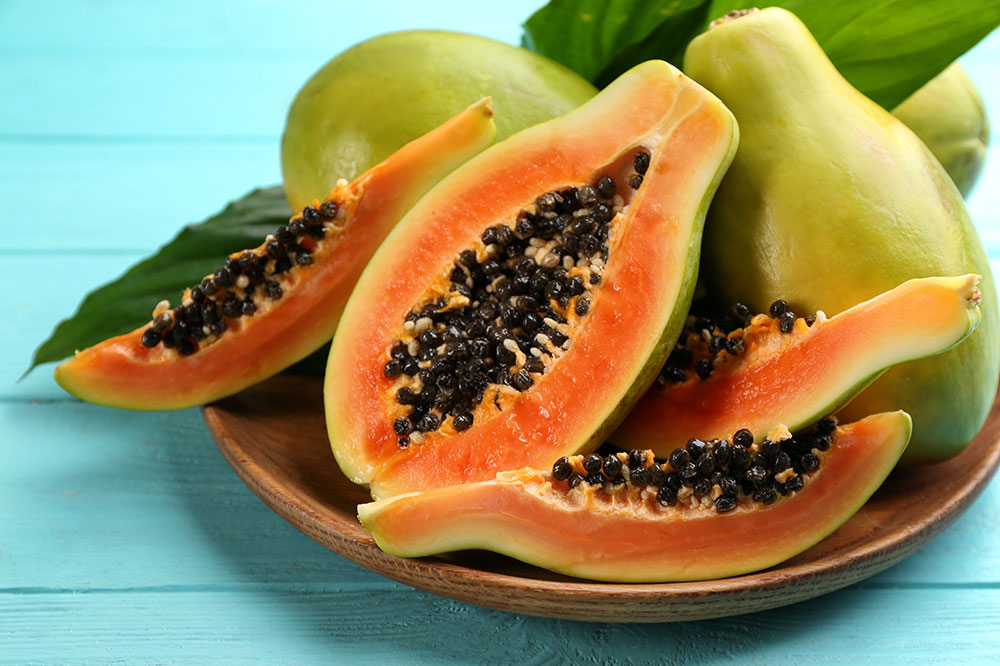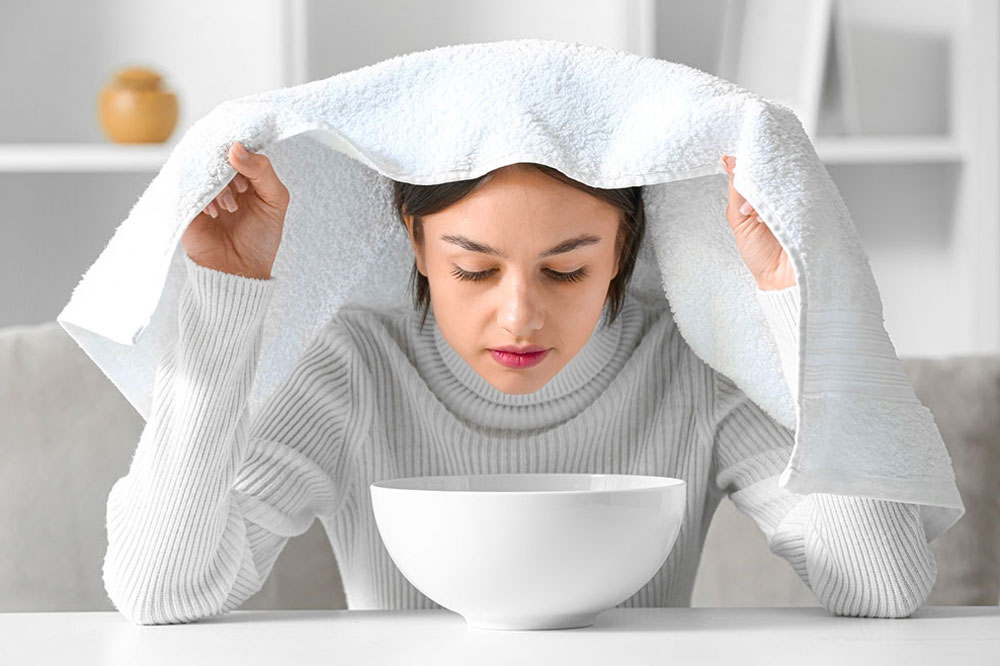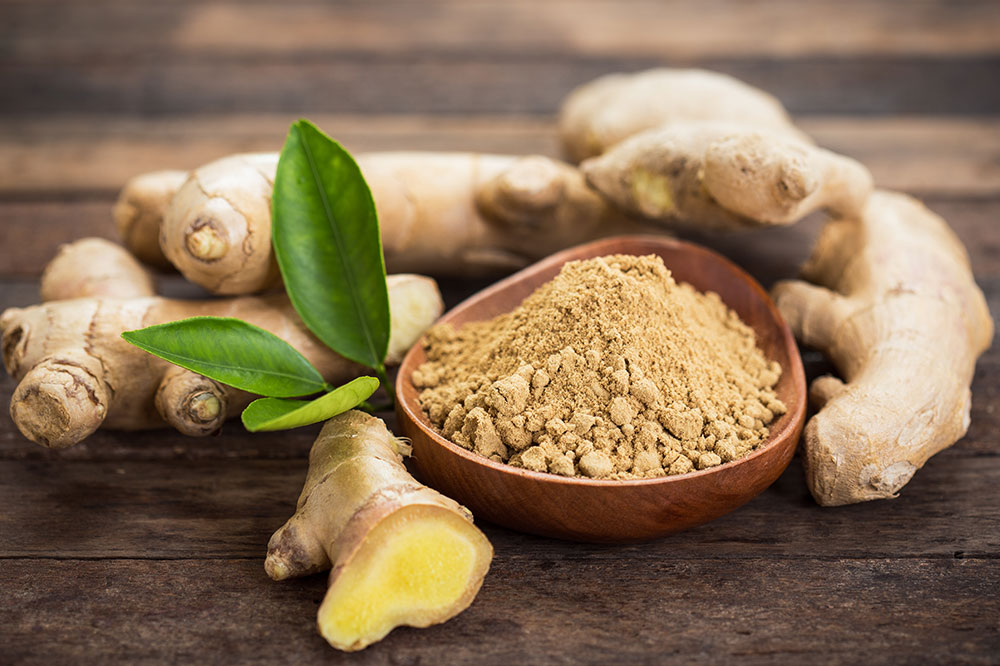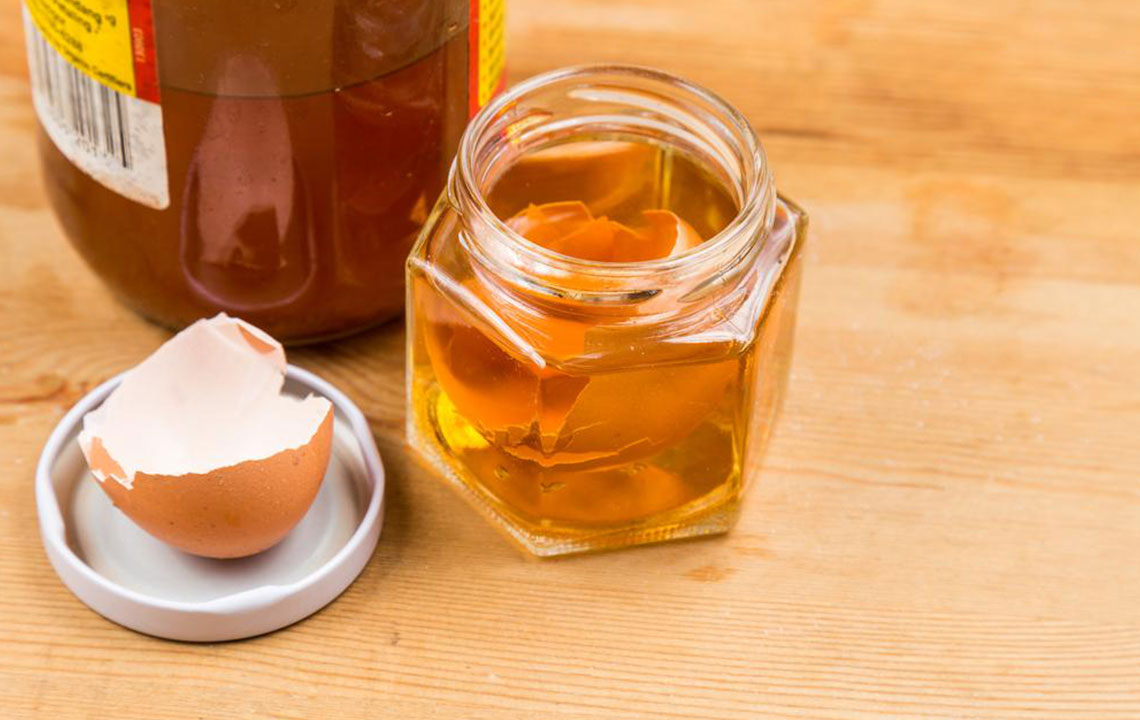Comprehensive Dietary Strategies to Manage and Alleviate Nasal Polyps Naturally
Discover effective dietary strategies to naturally manage and alleviate nasal polyps. This comprehensive guide covers foods rich in anti-inflammatory compounds like turmeric, garlic, pineapple, and omega-3 fatty fishes. Incorporating these into your diet may help reduce symptoms such as congestion and swelling, supporting overall sinus health alongside conventional treatments. Learn how lifestyle modifications and medications can complement dietary changes for optimal results and improved quality of life.

Effective Nutrition-Based Approaches for Nasal Polyp Relief and Management
Nasal polyps are non-cancerous growths that develop within the nasal passages or sinus cavities due to persistent inflammation and chronic sinus issues. These soft, painless tissue masses, which often resemble teardrops hanging from the nasal lining, can cause significant discomfort, including nasal congestion, post-nasal drip, loss of smell, and recurrent sinus infections. While pharmaceutical treatments and surgical interventions are common, recent research highlights the importance of dietary adjustments that may assist in reducing the size of nasal polyps and alleviating associated symptoms naturally. Incorporating specific anti-inflammatory foods into your daily diet can enhance your body's ability to fight inflammation and support sinus health.
In this comprehensive guide, we explore various dietary strategies, emphasizing foods rich in anti-inflammatory compounds. These foods include vibrant spices, nutrient-dense fruits, and fatty fish that can work synergistically to reduce airway inflammation, prevent further polyps, and improve overall sinus function. By understanding and utilizing these natural dietary approaches, individuals suffering from nasal polyps can potentially experience symptom relief and improved quality of life alongside conventional treatments.
Understanding Nasal Polyps and Their Causes
Nasal polyps form as a result of chronic inflammation within the nasal mucosa and sinuses. Factors contributing to their development include allergies, asthma, respiratory infections, genetic predispositions, and prolonged exposure to irritants like cigarette smoke and environmental pollutants. Persistent inflammation leads to swelling and tissue growth, creating these benign masses. They can obstruct airflow, impair breathing, and disrupt normal sinus drainage, leading to recurrent infections and discomfort.
The Role of Diet in Managing Nasal Polyps
While medications such as corticosteroid nasal sprays, antihistamines, and antibiotics are primary treatments for nasal polyps, dietary choices can play a supportive role in managing symptoms. Consuming foods with anti-inflammatory properties helps reduce mucosal swelling, prevent further tissue growth, and bolster immune function. Adopting an anti-inflammatory diet not only supports sinus health but can also contribute to overall well-being.
Top Foods to Incorporate for Nasal Polyp Relief
Turmeric: This golden-yellow spice is renowned for its powerful anti-inflammatory properties. Its active compound, curcumin, has been shown to inhibit inflammatory pathways, which can help reduce swelling in the nasal passages and potentially prevent further polyp growth. Incorporating turmeric into curries, soups, smoothies, and even tea can provide a natural inflammation-fighting boost.
Cayenne Pepper: Known for its spicy heat, cayenne contains capsaicin, a compound that can help relieve nasal congestion by opening up the airways and reducing inflammation. Regularly adding cayenne pepper to meals like sauces, stir-fries, and meat dishes can improve airflow and decrease nasal obstruction.
Garlic: Loaded with allicin, a sulfur-containing compound with potent antimicrobial and anti-inflammatory effects, garlic can support sinus health. Consuming fresh garlic regularly—whether raw in salads or cooked in dishes—may inhibit enzymes involved in polyp formation and reduce inflammation.
Pineapple: This tropical fruit is not only delicious but also a natural anti-inflammatory agent due to bromelain, an enzyme that decreases swelling and mucus accumulation in the sinuses. Additionally, its high vitamin C content strengthens the immune system, aiding in fighting infections and reducing inflammation.
Fatty Fish (e.g., Anchovies, Salmon, Mackerel): Rich in omega-3 fatty acids and selenium, fatty fish help combat inflammation throughout the body, including within the sinus tissues. An ounce of anchovies provides nearly 28% of daily selenium needs, supporting immune function and reducing tissue inflammation that may contribute to polyp growth.
Complementary Treatments and Lifestyle Tips
In addition to dietary adjustments, certain medications can provide targeted relief for nasal polyps. Nasal sprays such as Flonase®, Xhance®, and Mucinex® nasal sprays effectively reduce inflammation and congestion. These treatments can often be purchased online with discounts and convenience, making them accessible options for ongoing management.
Moreover, maintaining good nasal hygiene, avoiding irritants like cigarette smoke, and staying well-hydrated can further support sinus health. Combining these habits with an anti-inflammatory diet creates a holistic approach to managing nasal polyps naturally.
Final Thoughts
While nasal polyps can cause persistent discomfort and pose ongoing health challenges, integrating specific foods known for their anti-inflammatory properties into your diet offers a promising complementary strategy. These foods not only help reduce symptoms but also support overall immune and respiratory health. Always consult a healthcare professional to develop an appropriate treatment plan tailored to your needs, especially when considering dietary changes or supplementing with medication.
By adopting a comprehensive approach—including dietary modifications, medical treatments, and lifestyle adjustments—you can better manage nasal polyps, improve nasal airflow, and enjoy a higher quality of life.





